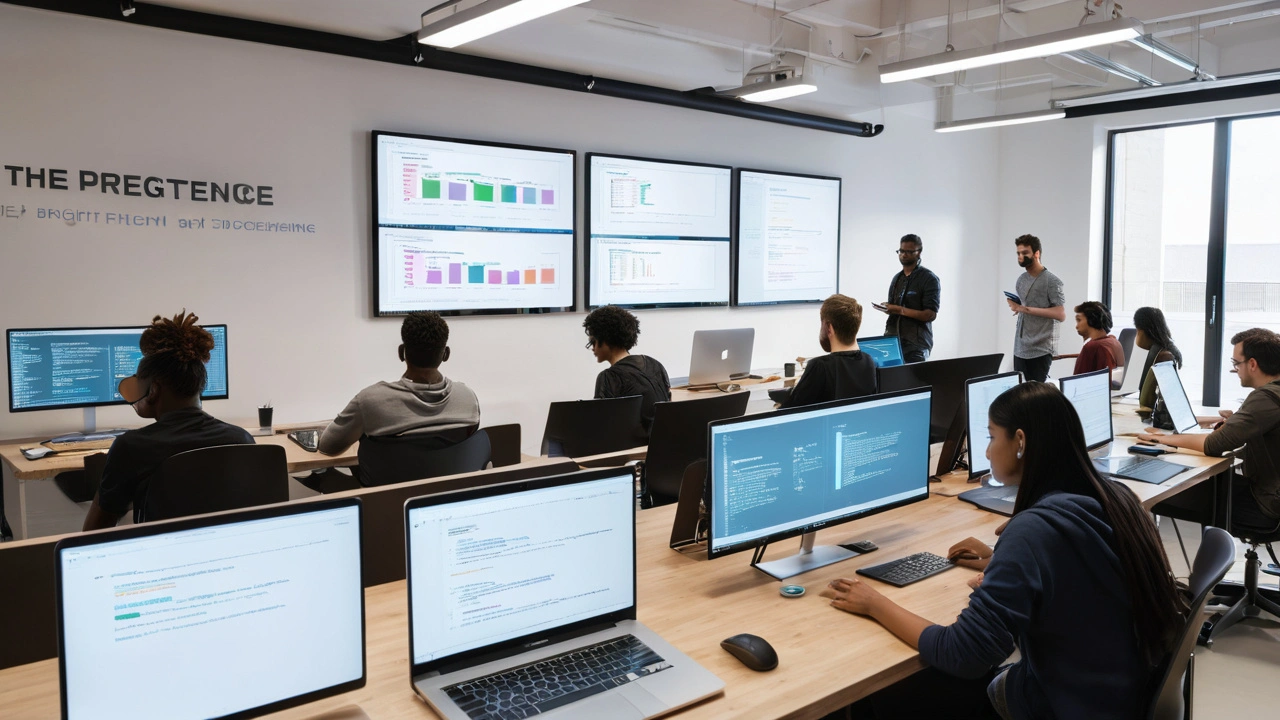Coding Beginners: Your First Steps into Programming
So you want to code but don’t know where to begin? You’re not alone – thousands start just where you are right now. The good news? You don’t need a computer science degree or a fancy laptop. A simple text editor and an internet connection are enough to write real code and see it work.
What matters most is picking a clear path and sticking to it for a short, focused period. In the next few minutes you’ll get a roadmap that takes the guesswork out of learning, shows you free tools, and gives you three tiny projects you can finish before the week is over.
Pick the Right Language
For absolute beginners, Python is the safest bet. Its syntax reads like plain English, it’s used everywhere from web apps to data science, and there are countless tutorials that assume zero prior knowledge. If you’re more interested in building websites, JavaScript is the language that runs in every browser – you can see results instantly without any setup.
Don’t waste time chasing every new language that pops up. Choose one, install it, and write a "Hello, World!" program. That one line proves your setup works and gives you the confidence to move on.
Build Small Projects Fast
Learning by doing beats watching videos any day. Start with three micro‑projects that each take less than two hours:
- Number Guessing Game – a console app that picks a random number and asks the user to guess it. You’ll learn variables, loops, and conditionals.
- To‑Do List in the Browser – a simple HTML page with a text box and a button that adds items to a list. This introduces DOM manipulation and basic JavaScript.
- Weather Fetcher – use a free API to pull today’s temperature for a city you choose. You’ll see how to make HTTP requests and parse JSON.
Each project combines a new concept with a tangible result, so you can see progress without feeling overwhelmed.
When you finish, push the code to a free GitHub repo. It’s not about showing off; it’s about creating a habit of saving your work and learning version control early on.
Now that you have a language and a few projects, keep the momentum. Spend 30 minutes a day coding, use sites like freeCodeCamp, Codecademy, or the official Python docs for guided practice, and ask questions on Stack Overflow or the r/learnprogramming subreddit when you get stuck.
Remember, the hardest part is getting started. The rest is just repetition and curiosity. Follow this simple plan, and in a few weeks you’ll be comfortable reading other people’s code and adding your own tweaks. Happy coding!

Step-by-Step Guide for New Programmers
This comprehensive guide aims to walk aspiring developers through the basics of programming. It covers fundamental concepts, practical tips, and essential steps to get started in coding. Dive into learning how to write your first lines of code and gradually advance your skills. Whether you're interested in web development, software engineering, or data science, this article provides a clear path to follow.